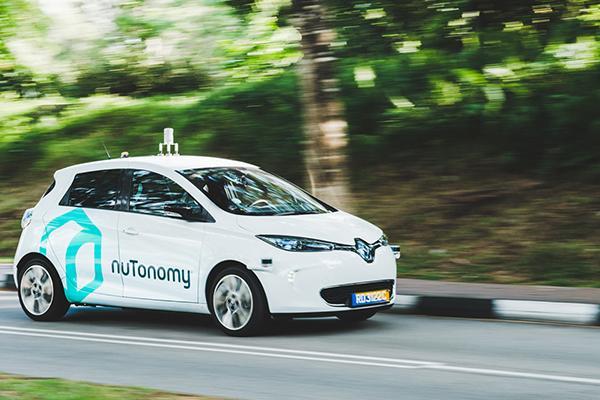Researchers at an American University have embarked on a unique project aimed at establishing what exactly it will take for society to accept autonomous vehicles. Driverless cars are becoming a reality, but how can the innovative vehicles deal with life-or-death dilemmas. Can engineers create a model that is able to adapt accordingly when faced with critical decisions?
That's what a research team at the University Massachusetts Institute of Technology aim to find out. Self-driving enthusiasts believe freeing vehicles from human error will save countless lives; there were over 1 million road deaths last year. While autonomous driving is undoubtedly the future in the automobile industry - and they represent an exciting future - there are a number of ethical issues at question.
For example, can engineers create a robot car that is able to sense danger, if we're driving and all of a sudden a football is kicked out on the road ahead of us, immediately human nature alerts us that a pedestrian, possibly a young child may come running out onto the road. But how can engineers create that sort of perspective for autonomous vehicles.
It's these ethical and critical scenarios that could stall the future of the industry. Leaders in autonomous design and innovation, nuTonomy who deployed self-driving taxis in Singapore said the object was to design a 'safe vehicle' and not an 'ethical creature'.
NuTonomy chief executive Karl Iagnemma said: "We approach the problem from a bit more of a practical engineering perspective. Designing a safe vehicle, not a sophisticated creature is the focus of the engineering team."
"NuTonomy engineers have tweaked the software that guides their electric Renault Zoe past Boston snow-banks."
Iagnemma added: "When a driverless car looks out on the world, it's not able to distinguish the age of a pedestrian or the number of occupants in a car. Even if we wanted to imbue an autonomous vehicle with an ethical engine, we don't have the technical capability today to do so."
Therein lies the problem in many respects, and while the future of both public and private autonomy looks bright, there are still a number of fundamental issues hanging over the industry.

